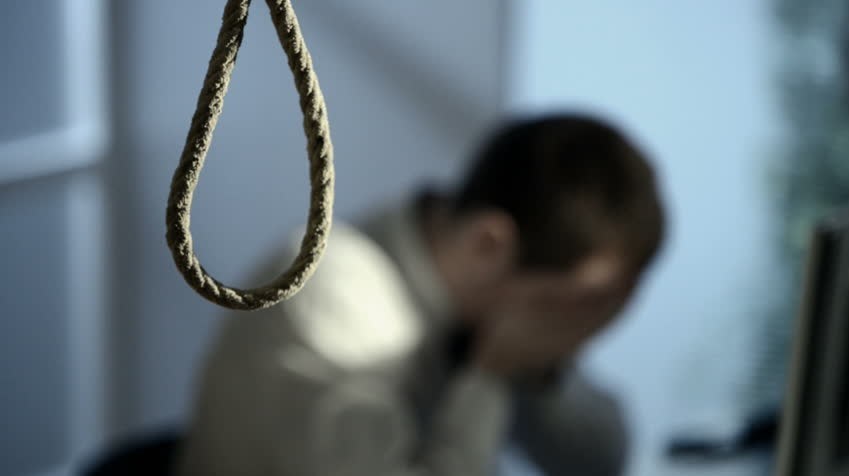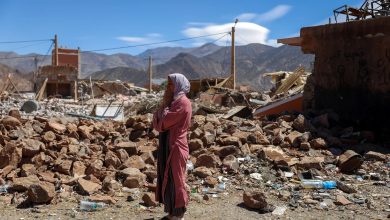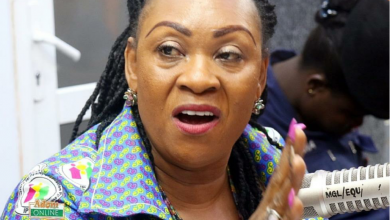South Korean politician criticized for blaming male suicides on women’s role in society

A politician in South Korea is facing backlash for controversial remarks linking a rise in male suicides to the increasing role of women in society.
Seoul City councilor Kim Ki-duck, from the Democratic Party, suggested that women’s greater participation in the workforce has made it harder for men to find jobs and suitable partners, potentially contributing to an uptick in male suicide attempts.
Kim’s comments, published on the city council’s official website, drew immediate criticism for being unsubstantiated and divisive.
Suicide prevention experts expressed concern over the lack of evidence supporting Kim’s claims.
Professor Song In Han from Seoul’s Yonsei University emphasized the need for scientific study into the reasons behind the rise in male suicides, calling Kim’s approach “dangerous and unwise.”
In South Korea, disparities between men and women persist in employment, with women often relegated to temporary or part-time roles and facing a significant gender pay gap.
The country has seen a rise in anti-feminist sentiments among young men who feel disadvantaged by efforts to promote gender equality.
Responding to the backlash, Councillor Kim clarified that he did not intend to criticize a “female-dominated society,” but was offering a personal perspective on its potential consequences.
His remarks, however, are seen as part of a broader pattern of problematic political proposals addressing societal issues such as mental health and the declining birth rate.

Critics, including the Justice Party and women’s rights advocates, condemned Kim’s comments as misogynistic and urged him to retract his statements.
They argue that blaming women for societal imbalances only perpetuates inequality and undermines efforts for genuine gender equality.
Despite the controversy, Seoul City Council indicated that there are no formal vetting processes for politicians’ statements on its website unless they are illegal.
Individuals are held accountable for their content and may face consequences in future elections.
The incident highlights ongoing challenges in South Korea regarding gender equality and the need for informed, evidence-based discussions on complex social issues.
Source-BBC





